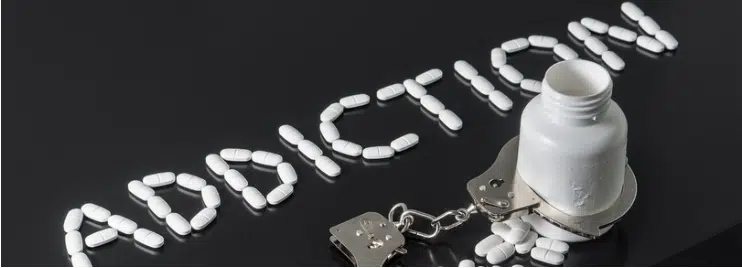
When you take a particular drug over a long period of time, several things can happen. The tolerance for that drug can increase, you can become physically dependent on the drug, and you can become addicted. Each of these things is distinct from the others and should lead to a different level of help and treatment.
The Difference Between Tolerance, Dependence, and Addiction
When you experience drug tolerance, you may begin to notice that the same dose of a particular drug becomes less effective over time. The body builds a tolerance to certain drugs including narcotic painkillers and even illegal drugs like heroin, and a larger dose is needed to get the same effect. Drug tolerance can lead to increased risk of an overdose if you decide to increase the dose without medical supervision.
Drug tolerance can also lead to dependence, which is characterized as having withdrawal symptoms when you stop taking the drug. Addiction can come from dependence but is even more entrenched. Addiction occurs when you continue taking the drug even though it has negative impacts on your life or you are unable to stop taking the drug even when you try to do so. In many cases, addiction also involves giving up significant aspects of your life like a job, school, or relationship in order to keep using the drug.
Addressing Drug Tolerance
If drug tolerance can be addressed early, problems with dependence and addiction may be avoided in many cases, although you may become tolerant of a drug without developing dependence or addiction. It can be a problem when a needed medication becomes less effective, but there are alternatives to simply taking more and more of the drug.
This Season, Give Yourself the Gift of a Fresh Start.
Whether you are struggling with addiction, mental health or both, our expert team is here to guide you every step of the way. Don’t wait— reach out today to take the first step toward taking control of your life.
When tolerance develops, it may be possible to switch to a different drug that will still treat the problem effectively. If you have to take the new medication over a long period of time, tolerance to the new drug may result, but there are often many different medications that can treat the same symptoms.
Alternative treatments, especially for conditions that cause chronic pain, may provide relief without you having to take drugs that cause tolerance and may lead to an overall improvement in the condition so that less medication is needed. Physical therapy, massage therapy, and acupuncture are some alternative treatments that have been used for chronic pain conditions that have decreased the need for narcotic pain medications where tolerance becomes an issue.
When Tolerance Becomes Addiction
Sometimes, despite your best efforts, you find that a drug tolerance has turned into dependence, and that dependence has become an addiction. When you or any of your loved ones need help to overcome an addiction, treatment is available to break the dependence while still meeting the medical needs that may be a factor in your life. The treatment team at Recovery Village at Palmer Lake offers treatment options to fit the needs of each person, no matter how seemingly complex. Contact us for help overcoming your addiction and moving forward into a life of health and recovery.







